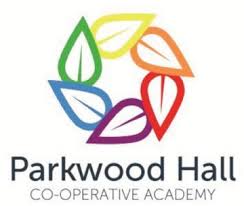
Case Study: Parkwood Hall Cooperative Academy
BY: Alan Lynch
05 Sep 2018
Parkwood Hall Cooperative Academy is a special needs school for students with moderate to severe learning difficulties, many of them on the autistic spectrum. The school offers students opportunities across many different arts forms. They have been delivering Arts Award for more than four years.
The school’s arts provision focuses on what students can do to enable them to achieve. Each student has an arts portfolio which they use to evidence all the arts activities they’ve participated in. There are a huge range of activities available including after school clubs, music instrument lessons and workshops from visiting professionals.
All art forms are covered through opportunities such as a school steel band which half the school are members of and weekly sessions with a dance instructor. The school is part of many programmes and partnerships, including Shakespeare Schools Festival, Pro-Corda school trips and events organised by the local Music Hub.
Approach
When students are working towards their Bronze Arts Award, Part A is incorporated through opportunities offered in the school including the steel band, instrumental lessons and after school clubs such as the choir. For Part B, students have had the opportunity to attend events at the Royal Albert Hall including Primary Proms and the Classical Spectacular. All students are encouraged to research an artist they admire for their Part C. Bronze Part D is often achieved through workshops delivered to local primary schools and care homes by the steel band.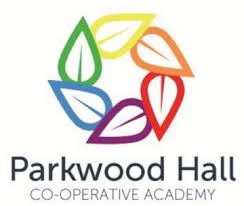
At Silver level, the school’s links with the Royal Albert Hall give students opportunities to find out about career paths and review events. Many students choose the steel band as a way of achieving their leadership challenge as they can support and train each other as well as staff in the school. There are many specific roles that each student can take such as ordering and auditing equipment needed by the band, training new drummers, logo design, organising trips and uniforms and delivering workshops.
Many of the students have limited literacy skills so the school uses a range of evidence methods for portfolios.
Students are encouraged to design memorabilia or artifacts (especially for Bronze Part C) and to talk to staff whilst they’re researching, using this as evidence in their portfolios. Photographic evidence is also used which students annotate.
The use of witness statements by staff is encouraged as well as scribed pieces of work. Staff also make use of pre-prepared worksheets to capture evidence. In their portfolios, students keep thank you cards and emails as well as their artwork. Video is also used to record performances and workshops.
Impact
Taking part in Arts Award has enabled the school’s students to increase their self-esteem and confidence, with many developing the ability to speak out in public. The activities they participate in give them a sense of belonging and self-worth.
One student came to the school and was unable to mix with others as he was often violent. After discovering drama he learnt how to perform with others, manage his anxieties and is now about to embark on a college course in drama with the aspiration to become an actor.
‘[I became an adviser] to see the young people achieve and stand as an equal to other young people who have not had the difficulties they have. Arts Award focuses on achievements rather than purely being academic.’ - Angela Hollands, Arts Award Adviser
Related posts
BY: Guest Writer
BY: Guest Writer

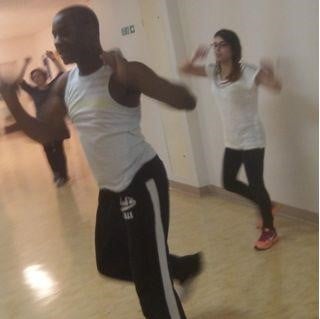
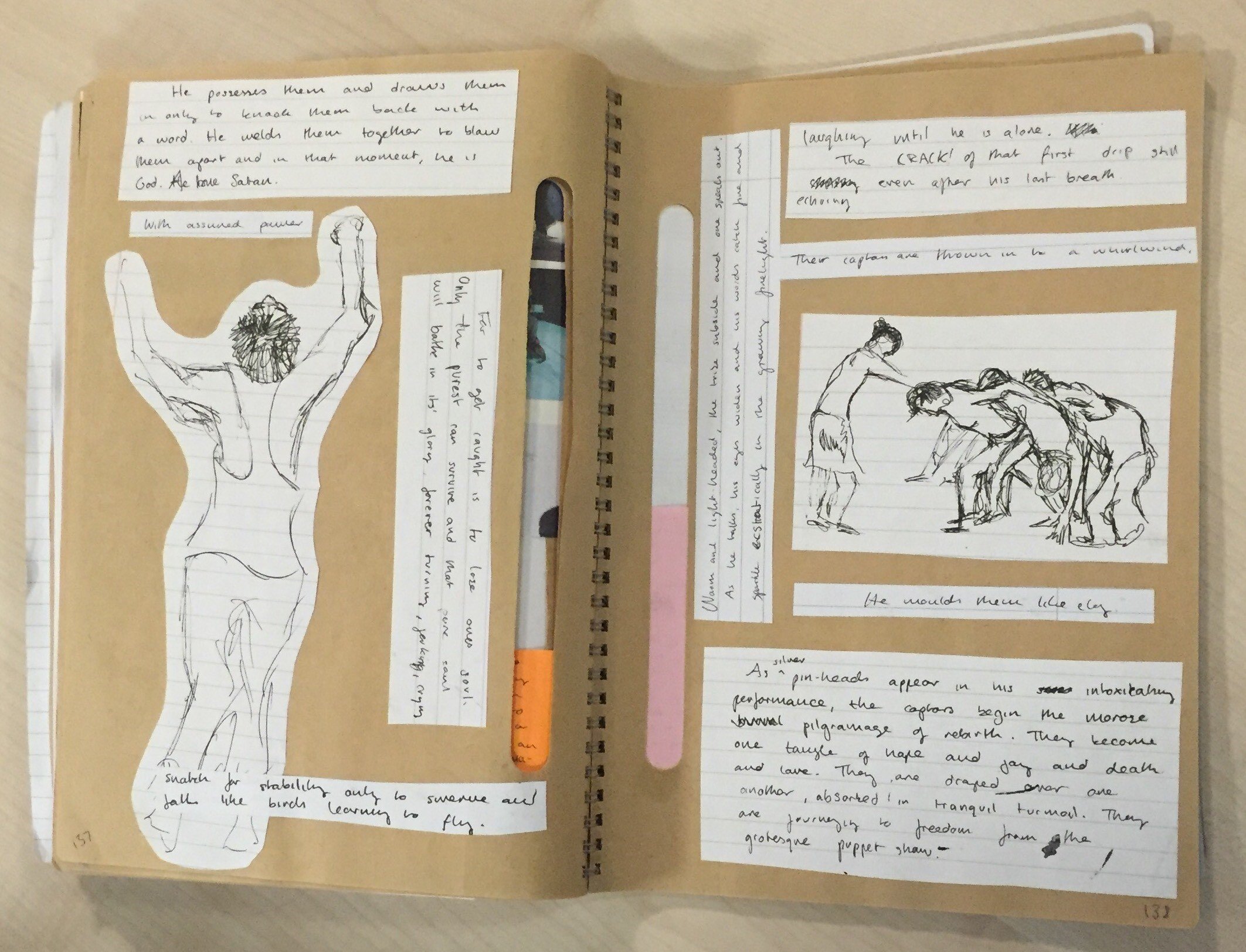
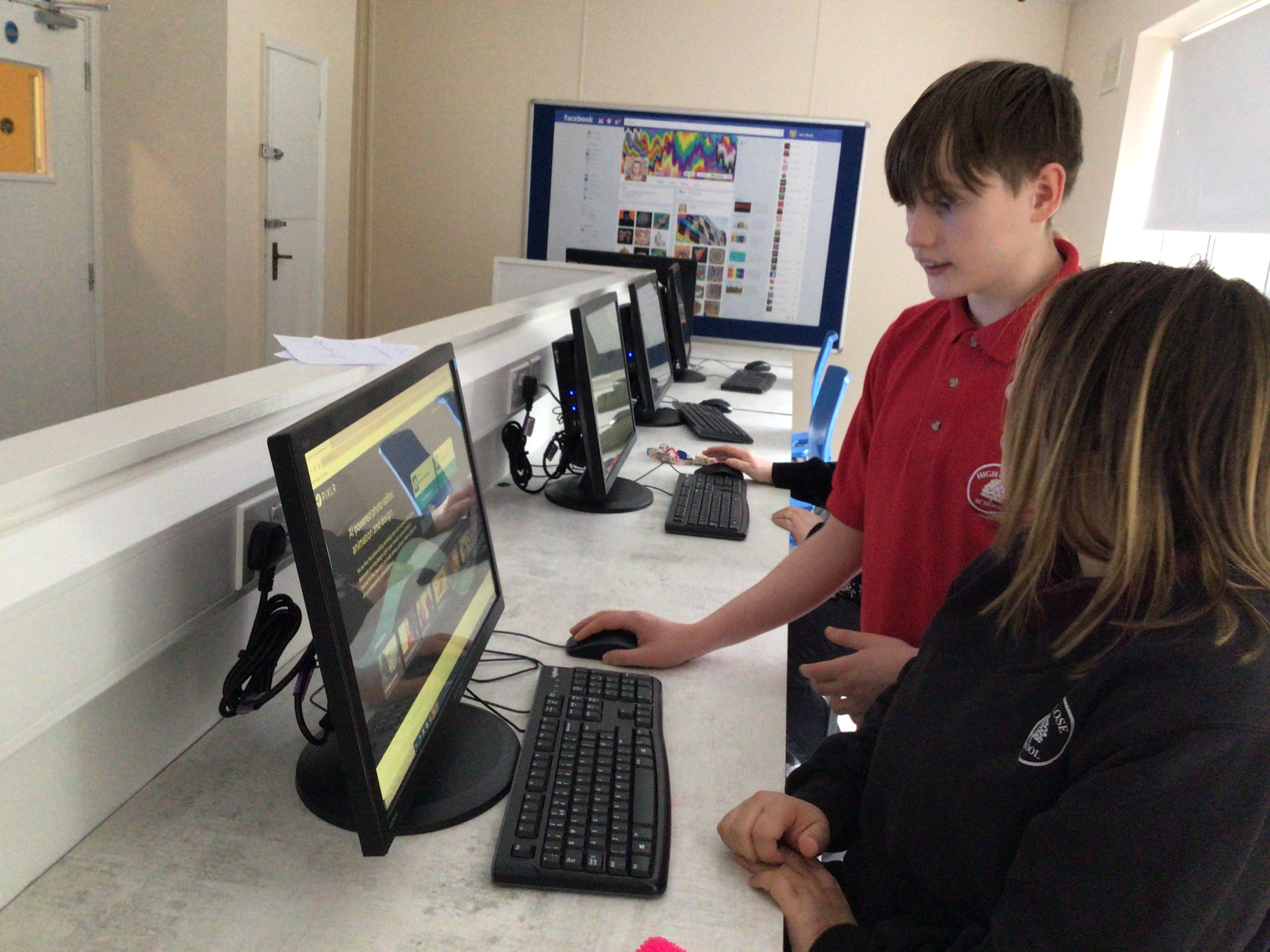
Comments & Replies